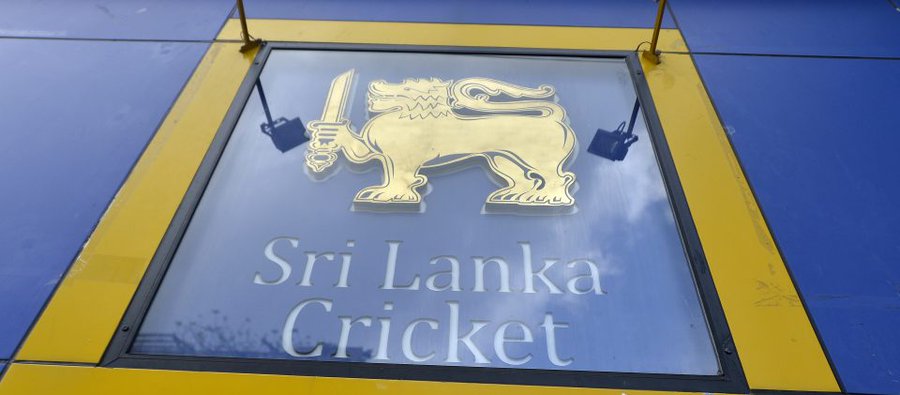The International Cricket Council (ICC) has suspended Sri Lanka Cricket (SLC) with immediate effect due to extensive government interference in its administration.
The move is more of a warning aimed at preventing further intrusion by the Sri Lankan government into SLC’s operations.
SLC itself reportedly requested the suspension to demonstrate to the government that the ICC will not tolerate further meddling.
This suspension will not significantly impact Sri Lankan cricket immediately, as their World Cup campaign has ended, and no cricket is scheduled in the country until December. ICC funds are not due to SLC until January.
The ICC board, which met online on Friday, discussed the SLC situation, addressing concerns about government involvement in administration, finance, and even national team matters. The board will decide the next steps at its meeting on November 21.
Despite the suspension, the ICC continues to recognize SLC president Shammi Silva, who is expected to attend the ICC meetings in Ahmedabad as an observer. Silva’s role is central to the ICC’s decision to suspend SLC.
“The ICC Board met today and determined that Sri Lanka Cricket is in serious breach of its obligations as a Member,” the ICC stated. “The conditions of the suspension will be decided by the ICC Board in due course.”
Sri Lanka’s sports minister Roshan Ranasinghe had recently dismissed the SLC board, appointing an interim committee led by Arjuna Ranatunga. However, Sri Lanka’s courts reinstated the board a day later.
The SLC’s situation has been a subject of extensive debate in Sri Lanka’s parliament. As of the suspension date, the elected SLC board headed by Silva was in charge.
Sri Lanka’s sports law since 1973 mandates the sports minister’s ratification of all national teams.
SLC is the second Full Member to face ICC suspension in the past four years, following Zimbabwe Cricket’s suspension in 2019 for similar reasons. However, the ICC’s approach to Sri Lanka’s case will be more cautious, avoiding abrupt shutdowns or funding freezes seen in Zimbabwe’s situation.





